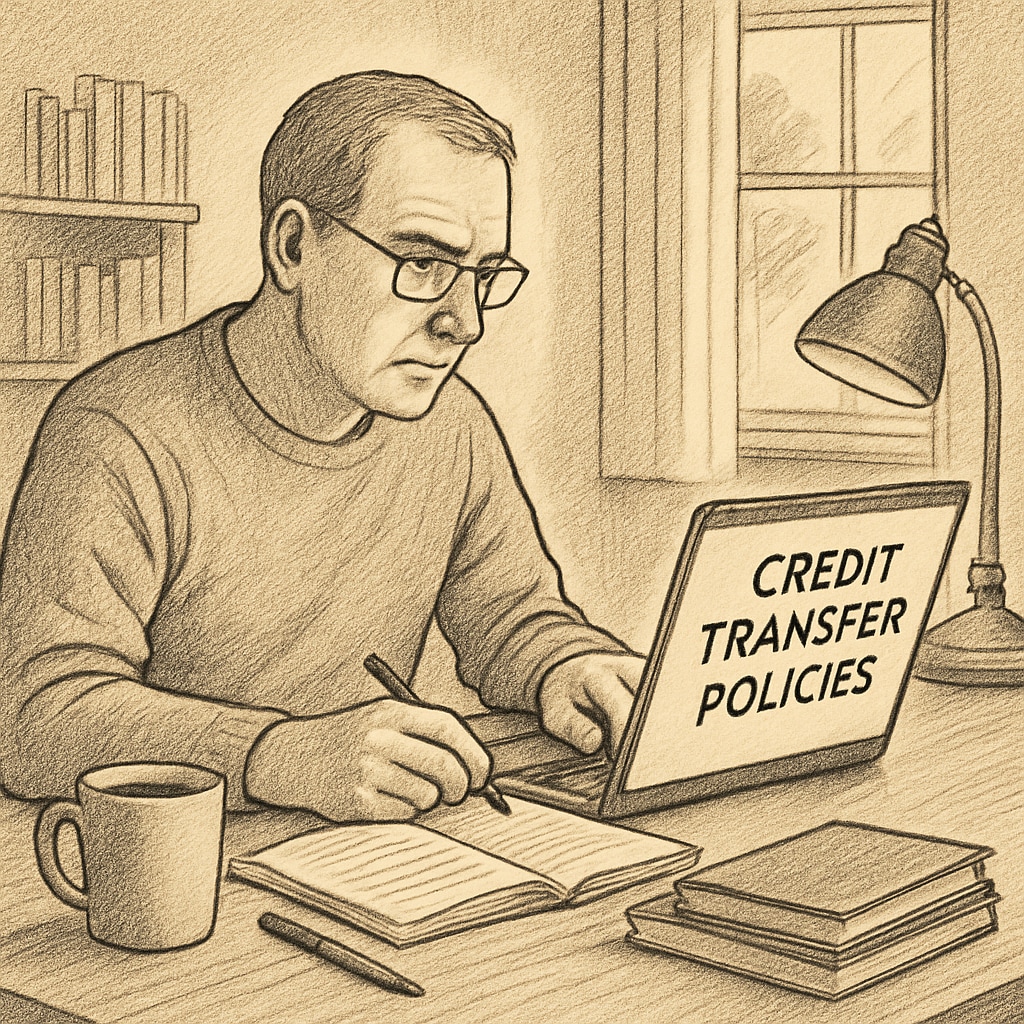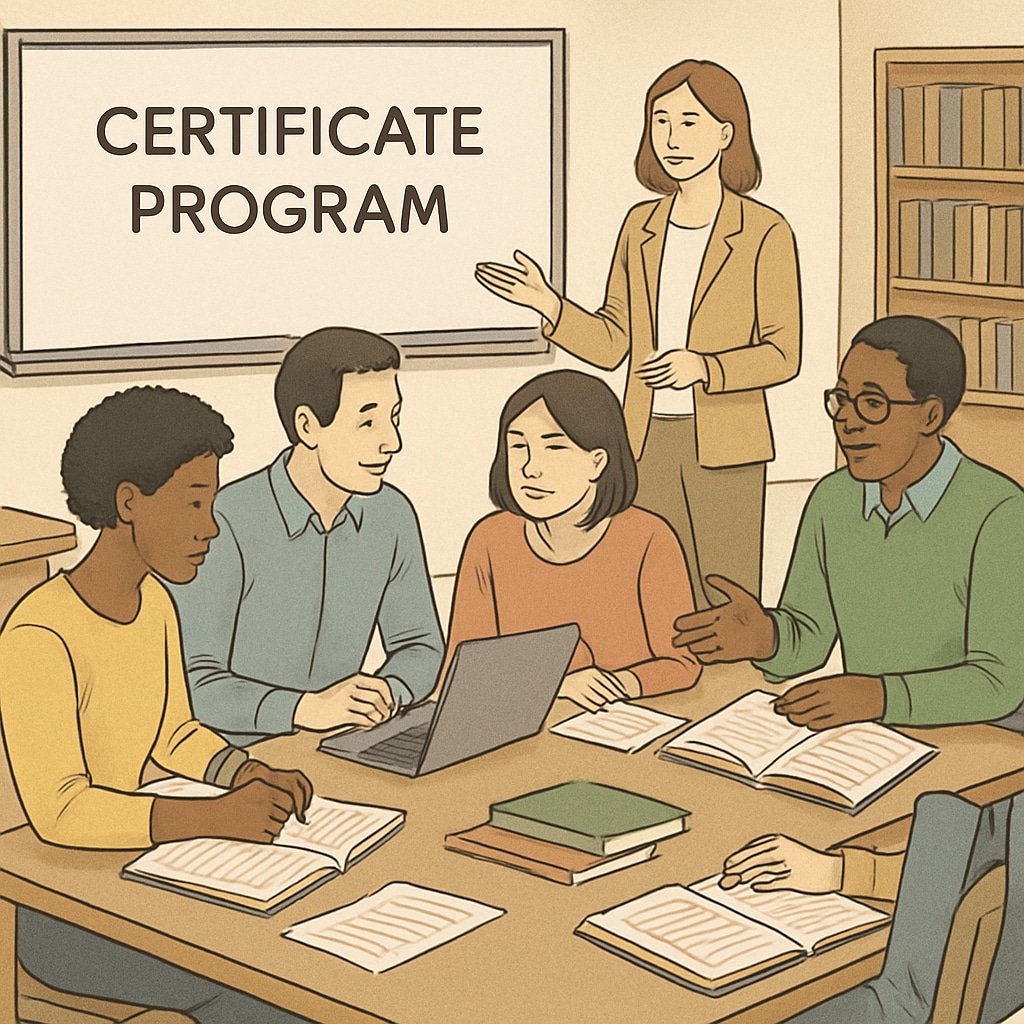For learners with an incomplete degree, the road to education can seem daunting. Challenges such as credit transfer complications and time constraints often arise for adults returning to academia. However, continuing education offers diverse opportunities to help these individuals navigate their unique situations and accomplish their goals.
Understanding the Challenges of Being Degree Incomplete
Having an incomplete degree can leave individuals feeling stuck in professional and personal development. Credit transfer issues frequently occur when attempting to resume studies at a new institution. Policies on transferable credits vary widely, with some schools accepting only a portion of previously earned credits or requiring additional coursework. For degree incomplete learners, understanding these policies is a critical first step before re-enrolling.
Another challenge is balancing education with other responsibilities. Adult learners typically juggle full-time jobs, family obligations, and financial pressures, making it harder to allocate time and resources to their education. As a result, many degree incomplete learners seek flexible learning options tailored to their needs.

Exploring Flexible Education Options for Degree Completion
Institutions today offer several pathways for continuing education, catering to diverse needs. Below are some popular options:
- Online Degree Programs: Many universities now provide fully online degree programs, allowing learners to access coursework from anywhere and adjust their schedules to fit their lifestyles.
- Community Colleges: These institutions often have transfer agreements with four-year universities, providing an affordable and accessible way to complete lower-division coursework.
- Competency-Based Education: This alternative allows learners to earn credits by demonstrating mastery of a subject, ideal for those with work experience in their field.
- Professional Certificates: For those seeking career advancement without pursuing a full degree, certificate programs offer specialized training in high-demand industries.
By exploring these options, degree incomplete learners can find educational pathways that align with their goals and circumstances.

Tips for Navigating the Credit Transfer Process
Credit transfer can be a complex process, but there are strategies to make it more manageable:
- Research Transfer Policies: Investigate which institutions are more generous with credit recognition, and consider enrolling in schools with articulation agreements.
- Request a Transcript Evaluation: Many colleges offer free transcript evaluations, providing clarity on which credits will transfer and how they apply to your intended program.
- Communicate with Advisors: Speak with academic advisors to understand how course selections align with your educational goals.
Understanding credit transfer policies ensures that degree incomplete learners minimize the risk of losing previously earned credits.
Conclusion: Embracing Lifelong Learning
While the journey of continuing education may seem overwhelming, the opportunities available today empower degree incomplete learners to succeed. By addressing challenges like credit transfer and exploring flexible options, individuals can restart their educational journey with confidence. Whether through online programs, community colleges, or professional certifications, the road to achieving educational goals is always within reach.
For more information on credit transfer policies, visit this resource on the National Association for College Admission Counseling. Additionally, explore continuing education options on Britannica.
Readability guidance: This article uses short paragraphs and clear headings to enhance readability. Lists provide structured information, and transitional phrases ensure smooth progression between ideas.


